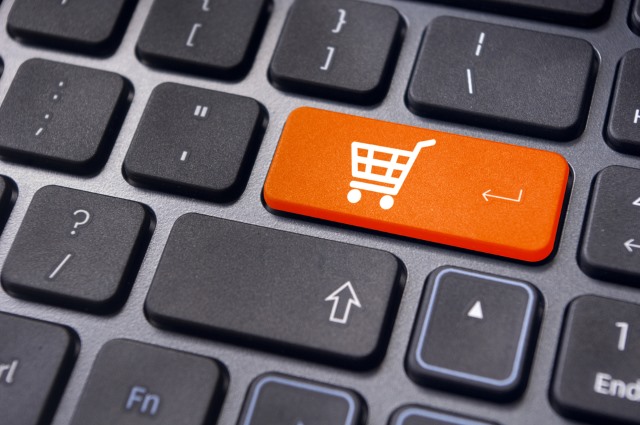Ways technology is continuing to transform the retail industry

From smartphones to the cloud and automation, technology is dramatically changing nearly everything about how we live and work. Technology’s impact can be felt in every industry, but it is especially strong in retail. It used to be that you had to have massive resources and connections to operate in the retail space. These days, thanks to more accessible technology, anyone with an idea and a product can sell via it the Internet and social media. Traditional retail business plans have been thrown by the wayside to make way for the disruptive new ideas of rapid transformation and increased competition, and it’s all thanks to new technology.
The latest technology is rapidly transforming the retail landscape -- here are a few examples:
Big Data and Customer Experience
Traditionally, retail companies focused more on moving products than they did on connecting with customers. However, as technology like mobile devices, the cloud, and social media has grown and more data has been made available to retailers, customers have begun to play a much more vital role in the retail experience. This has caused many retailers to re-think and update their systems to make the entire experience more customer-centric. A strong brand and reputation goes further now than it ever has, as one bad online review can do serious damage to a business.
Retailers can now personalize a shopper’s experience based on their habits, demographics, and previous interactions with the company. Two people shopping at the same store or website can have vastly different experiences based on their personal profiles. Some stores are even using facial recognition software to identify customers when they walk into a store and alert associates about what products the customer might be interested in. Technology also provides retailers with much more feedback than they have ever had. They can now track customer satisfaction and habits through social media and a person’s digital footprint and have more direct access to customers to get their opinions.
Robots and Artificial Intelligence
Though they’ve longed seemed like something out of a sci-fi movie, robots are now making their way into the mainstream and having a huge impact in retail. Autonomous cars in development could soon be used as delivery vehicles to reduce delivery costs and increase speed. Instead of hiring humans to only work eight hours a day, stores could have driverless cars delivering goods 24 hours a day.
AI and automation could also completely change the order processing landscape: instead of warehouses manned by humans, robots could work at automated hubs to quickly process an order and get it to the customer. Automated warehouses with a team of robots picking products have the potential to be more efficient and allow companies to greatly decrease delivery time and increase order capacity. They could also create a large void between automated companies and those still working in the traditional manner, as customers would likely easily be able to see the difference in experience and speed with a robotic and automated experience versus a traditional, human processing experience that would be much slower.
Smart Products and Appliances
One of the biggest benefits of new technology in retail is its ability to gather more information about the customer in order to create a more personalized future experience. A smart fridge can collect data on a customer’s shopping and eating habits and can use that information to predict future purchases or recommend other products the customer might enjoy. Video object tracking can even decipher where a customer is in their house at a certain time.
The smart home voice hub, such as Amazon’s Alexa or Google Home, has seen huge growth in the last few years. Companies that operate these smart hubs have a massive amount of customer data at their fingertips, which they can use to build the customer relationship and disrupt the traditional supply chain. Instead of going through the normal routes to make a purchase, such as going to the grocery store when a item is gone or ordering something online, customers can now simply ask their smart hub and have the product automatically ordered and delivered. While convenient for customers and efficient for companies, the new technology circumvents the traditional methods and could leave brick-and-mortar stores in the dust.
Photo credit: mtkang / Shutterstock
 Rick Delgado has been blessed to have had a successful career and has recently taken a step back to pursue his passion of freelance writing. He loves to write about new technologies and ways of keeping ourselves secure in a changing digital landscape. He writes articles for several companies, including Dell.
Rick Delgado has been blessed to have had a successful career and has recently taken a step back to pursue his passion of freelance writing. He loves to write about new technologies and ways of keeping ourselves secure in a changing digital landscape. He writes articles for several companies, including Dell.